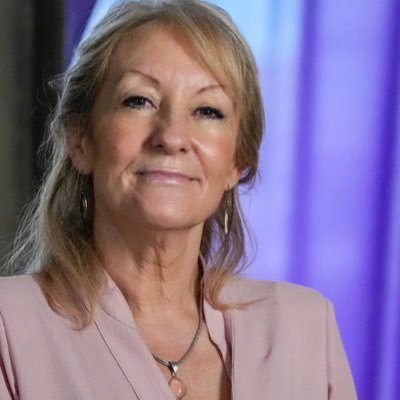By Carolina Cosse, President of UCLG, Mayor of Montevideo
The current polycrisis situation we are experiencing has contributed to the lack of trust, which resulted in a situation of “populations versus institutions”, expressed in growing mistrust. It threatens to become a political, social and emotional rupture that impacts the social contract and even affects the understanding of what is true and what is not. If there is no trust in our daily realities, exacerbated by the rapid spread of fake news and conspiracy theories, which in turn create confusion and uncertainty, sows fear and pave the way for manipulation and hate. These factors, as we are unfortunately seeing in many cities around the world, can (and do) lead to violence.
The United Nations Secretary-General’s Common Agenda calls for extraordinary mobilisation to build trust, renew our governance to break this negative spiral and build a world that works for our communities.
Our community of local and regional governments shares this desire to renew trust at the global level and understands that this cannot be achieved without clearly addressing the challenge of renewal of the multilateral system, which should be based on local realities. We must change the modes of government and access to politics. Local and regional governments and their networks are committed to transforming ideas, such as multi-level government and cooperative governance, into tangible realities around the world. We are willing to redefine leadership and change the rules of the game so that our citizens are reflected in them.
Local and regional government associations are, and will continue to be, key players in positioning human rights as a central element. We are key in providing spaces for the participation of those non-state actors who raise the voices of our communities. In this way, we will be able to strengthen ties and ensure that the issues that matter are at the centre of the discussions, building bridges between local realities and global trends.
Among these efforts are also the opposition to extremist speeches that threaten the physical integrity of elected leaders. It is necessary to promote the democratic culture of citizenship to be able to protect their representatives. This urges us to value local democracy again and to place the institutions at the service of our populations. It is the only way to build and sustain peace within our communities.
Transforming the current governance structure entails expanding the agenda of the international governance system. We need concrete reforms that reflect local realities, with human rights at the centre, and with all non-state actors as allies at the decision-making table. We endorse the conclusions of the High-Level Panel on Effective Multilateralism, which advocates the importance of granting formal status to cities in multilateral processes, promoting gender equality and the participation of young people, and the transformation of institutions to represent current and future generations.
We can and must reform the institutions to be able to represent the 50% of the population that is systematically ignored. Transforming governance to restore trust implies bringing feminism closer to international governance structures to transform power relations and the design of legal instruments. It is important that feminist movements stop being an instrument of resistance and become an active part of the construction of international legislation. The international municipalism feminist movement, represented by United Cities and Local Governments (UCLG), works on the demands of women to be systematized and their rights to be guaranteed, including in terms of representation in institutions.
The next United Nations Summit for the Future, which will be held in 2024, is an opportunity to boost governance renewal and trust. Through our Pact for the Future, local and regional governments propose a world to restore the relationship between communities, the planet and government, and our strategy to deploy it over the coming years is crucial to achieving a fairer world for all people.

